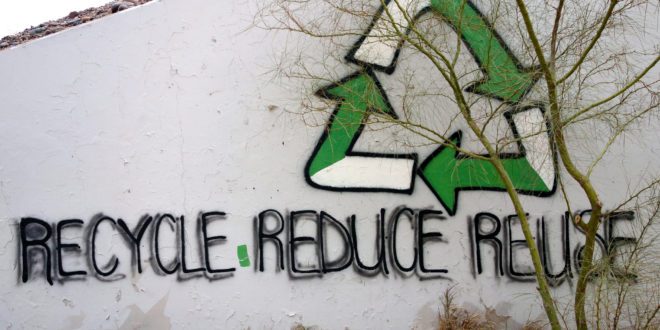The UK is experiencing a plastic waste crisis and here’s how they deal with it.
-
- Greenpeace’s analysis of customs data depicted that the United Kingdom (UK) had sent two-thirds of its total plastic waste to China since 2012.
- The UK’s Prime Minister, Theresa May has vowed to eliminate plastic waste by 2042.
- UK government has proposed to abolish plastic materials.
Greenpeace’s analysis of customs data depicted that the United Kingdom (UK) had sent two-thirds of its total plastic waste to China since 2012. China had been importing millions of plastic wastes to turn into toys, mats, and parts for selling.
However, the plastic wastes were contaminated to the point that it was no longer recyclable. This led to the introduction of National Sword Policy which denotes that China will ban the imports of plastic’s starting January 2018.
With the current policy at hand, the UK began shipping plastic wastes to other countries with records of marine pollution such as Malaysia, Vietnam, and Thailand, as seen in the Journal Science which was published in 2015.
With the influx of plastic wastes in these countries, Greenpeace investigated the situation and found out that these countries will also start closing its doors to such imports. The Council asserts that Britain does not have the proper infrastructures nor capacity to process the volume of plastic and paper that they create.
The UK’s Prime Minister, Theresa May has vowed to eliminate plastic waste by 2042. The 25-year plan denotes that supermarkets will be plastic-free, encouragement of industries to be more responsible in their productions for it to be recycled easier and the tasking of civil servants to observe the tax system which could lessen the volume of waste.
However, environmental groups state that the plan takes too long, lacks the urgency to solve the current problem and details to cover the scale of the crisis.
On April 2018, the UK government has proposed to abolish plastic materials such as cotton swabs, stirrers, and straws. Further, funding of £61.4 million will be used for global research and improvements in waste management in developing countries.
The UK also plans to bring about a system of deposit on plastic bottles which would require consumers to pay an extra levy when purchasing single-use bottles and will be given a refund once it was recycled.
A recent report was published and showed that there was a decrease in the use of plastic materials in the UK and it put forward that UK’s efforts are working.

